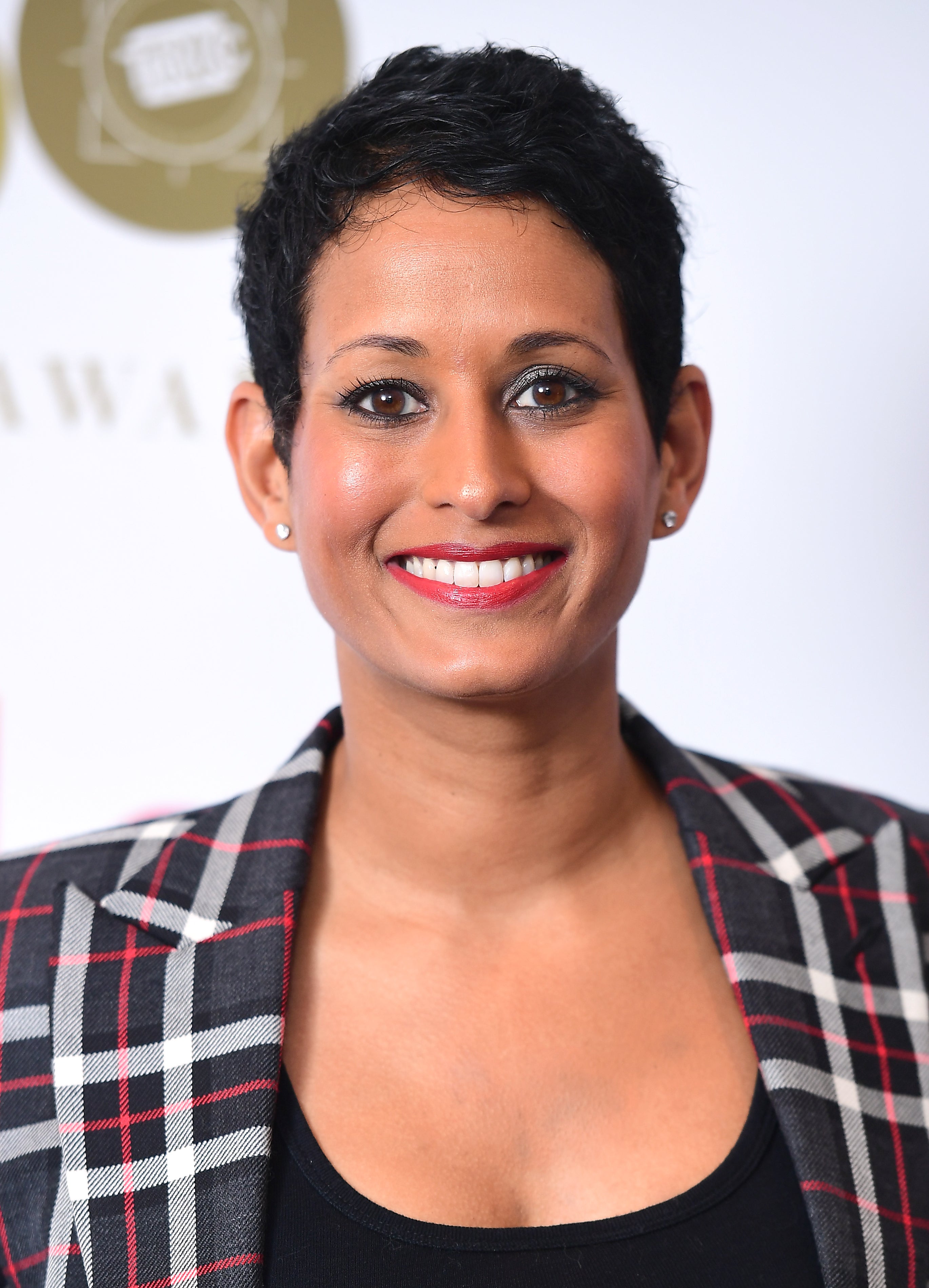
Women and girls are being left to “suck it up” and endure pain for years due to a lack of awareness surrounding painful reproductive conditions, according to a new report.
They frequently have their conditions dismissed due to “medical misogyny”, “pervasive stigma” and a lack of education surrounding common conditions including endometriosis, heavy periods and adenomyosis, according to the Women and Equalities Committee of MPs.
The committee set out to examine the experiences of care that women with reproductive conditions get in England.
They found that symptoms are often “normalised” and it can take years for women to get a diagnosis and to get care.
As a result, women are left to endure pain and discomfort that “interferes with every aspect of their daily lives”, including their education, careers, relationships and fertility, while their conditions worsen, according to the committee’s latest report.
Many who experience (women's reproductive health conditions) find their symptoms dismissed and normalised by those they turn to for help
As a result, many women are seeking private care.
The MPs suggest that there is a lack of medical research, treatment options and specialists.
This is coupled with the “de-prioritisation” of gynaecological care, with waiting lists growing faster than any other specialty.
“Although there are patches of progress since the women’s health strategy for England published in 2022, it has been too slow,” the authors said.
The MPs also criticised the menstrual health element of relationships, sex and health education, saying it is “insufficient and inconsistent”, and often delivered too late to be of use.
They said that girls are leaving school not knowing what constitutes a “normal” period, unequipped to spot the symptoms of reproductive health conditions.

Meanwhile, the MPs highlighted how women undergo “harrowing experiences” of painful procedures such as having a contraceptive coil fitted or a hysteroscopy – a test to look inside a woman’s womb.
TV presenter Naga Munchetty, who previously shared her traumatic experience of having a coil fitted and has been vocal about the poor care she received for adenomyosis, gave evidence to the committee alongside former Geordie Shore star Vicky Pattison, who has pre-menstrual dysphoric disorder.
The women said that NHS medical staff need to “take women seriously” when it comes to health problems.
GP surgeries have been singled out in the report, with the authors highlighting a “clear lack of awareness and understanding of women’s reproductive health conditions among primary healthcare practitioners”, particularly when those conditions occur in young women and girls.
The authors made a series of recommendations for the health service and Government to improve care.
Committee chairwoman Sarah Owen said: “Our inquiry has shown misogyny in medicine is leaving women in pain and their conditions undiagnosed.
“Women are finding their symptoms dismissed, are waiting years for life-changing treatment and in too many cases are being put through trauma-inducing procedures.
“All the while, their conditions worsen and become more complicated to treat.
Too often in the NHS we hear of women whose health concerns have been dismissed, which is why we are taking action to improve services for women, including rolling out women’s health hubs across the country
“Up to one in three women live with heavy menstrual bleeding, one in ten have a condition such as endometriosis or adenomyosis.
“It cannot be right that despite the prevalence of these conditions, that such a lack of understanding and awareness persists.
“This issue is impacting so many women across the country from their teens through to their retirement.”
She said the report must act as a “wake-up call” to the NHS and called on the Government to act to help transform services.
Commenting on the report, Dr Ranee Thakar, president of the Royal College of Obstetricians and Gynaecologists, said: “This report paints a sad, but unsurprising, picture of the reality facing women with reproductive health issues in this country.
“It also comes at a time when the NHS is once again facing the tension of seasonal pressures being prioritised at the expense of waiting lists and wider stability.
“The report’s conclusions reflect our own Waiting For A Way Forward report showing the true scale of the UK’s gynaecology care crisis, with over three quarters of a million women and people currently on the gynaecology wait list.
“As the Committee report recommends, it is imperative that stigma around gynaecology is addressed.
“Gynaecology waiting lists are the fastest growing of any speciality and, while we welcomed the Government’s recent commitment to achieving 18 weeks from referral to treatment, we need to see gynaecology specifically prioritised to see real change for women.”
An NHS England spokesperson said: “Too often in the NHS we hear of women whose health concerns have been dismissed, which is why we are taking action to improve services for women, including rolling out women’s health hubs across the country.
“The hubs are giving thousands more women access to specialist support in the community which not only improves access and women’s experiences of care, but also helps to upskill healthcare professionals with a full range of staff working in one place.
“The NHS is also developing a network of women’s health champions made up of senior leaders in every local care system to drive forward improvements in women’s health.”
A Department of Health and Social Care spokesperson said: “It is totally unacceptable that women with reproductive conditions are not getting the care they need and that their voices are not being heard.
“That is why we will overhaul women’s healthcare, placing women’s equality at the heart of our agenda, and ensure women’s health is never again neglected.
“We are investing an extra £26 billion in the health system and through our Plan for Change, we will get the NHS back on its feet so it delivers for all patients.”







